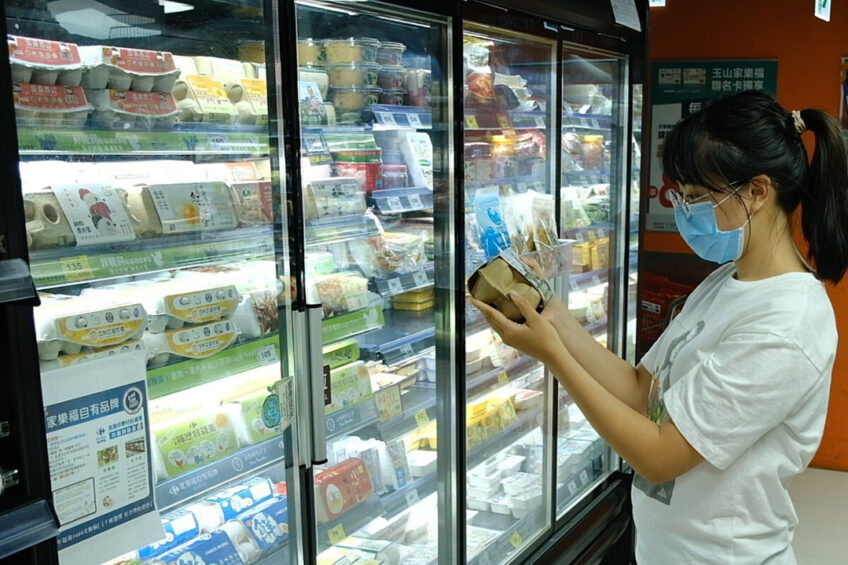Taiwan mandates conventional cage systems label on eggs

Under new food traceability regulations, it has been officially announced in Taiwan that, for the first time, if eggs are produced in conventional cages, this system of production must be disclosed on the packaging.
Under the new regulations, a letter of the alphabet denoting the housing system the egg was laid in will be stamped on eggshell exteriors as part of a 2-line traceability code. Taiwan’s labelling regulations already require free-range, barn, and enriched cage eggs to label the housing system on their packaging. However, eggs from conventional cages have, until now, been exempt from such labelling requirements.
Start with washed eggs
These new measures will initially apply to all washed eggs sold by convenience stores, supermarkets, hypermarkets, warehouse retailers, e-commerce platforms and other channels before expanding to cover all eggs.
Laying hen welfare guidelines upgraded in Taiwan
Taiwan has revised its official guidelines for laying hen welfare for the first time since they were introduced in 2015, delivering significant welfare improvements for laying hens raised in free-range, barn, or enriched systems. Read more…
“The new stamping regulations are a win for consumers and will make it easier for shoppers to confirm that the eggs they are buying are truly cage-free,” said Yu-Min Chen, deputy CE of the Environment & Animal Society of Taiwan (EAST), adding, “We congratulate the government on empowering consumers to make conscious purchasing positions and increasing transparency about where our food comes from.”
From 1 January 2022, consumers will be able to identify the housing system by looking at the final digit of the traceability code according to the following:
– O: Organic
– F: Free-range
– B: Barn farms that allow hens to engage in natural behaviours like nesting, dust bathing, and perching.
– C: Conventional cage
– E: Enriched cage
Taiwan is following the footsteps of South Korea and the EU, which both include housing systems in their eggshell stamping requirements.
Cage-free future
The move is the latest in a series of measures by Taiwan’s government that point to an increasingly cage-free future, including strengthening laying hen welfare regulations, reducing the interest rate for low-interest government loans, and launching a policy evaluation to explore the impact of phasing out conventional battery cages.
The stamping scheme was first trialled in school lunches from September 2019. In addition to the housing system, the traceability code will also feature the identification numbers of farm and egg washing facilities, as well as the date of packing.












